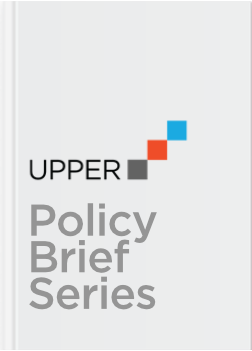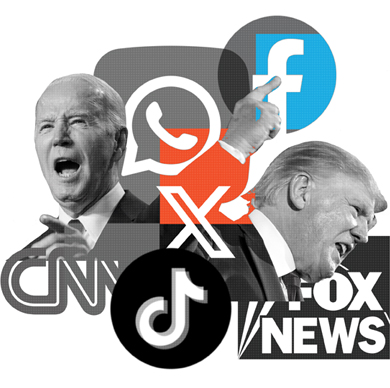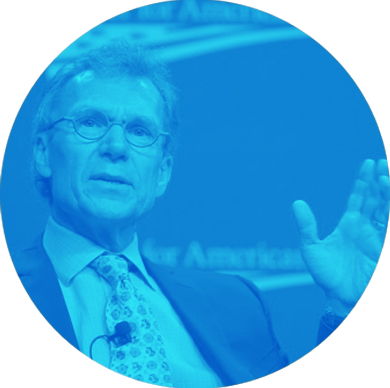

PB03
Winter 2024

Political Polarization: US Lessons for Latin America
By Horacio Larreguy & Ernesto Tiburcio
The last two decades in Latin America have seen a rise in ideological and affective polarization and associated democratic backsliding. Among other factors, immigrants and the shares of people who use the internet are strong correlates of this trend in political polarization. This trend is concerning for policymakers because it can hurt democracy and governance through increased distrust among citizens and between citizens and political leaders and the media. a problem that is universally recognized.
DownloadPB02
Autumn 2023

Corporate Money In Politics: How to Trace It and How to Improve Disclosure
Money in politics is here to stay. While some countries, in Europe for example, rely on public funding of elections, in the U.S. contributing to campaigns, spending money on TV ads and lobbying Congress are viewed as a form of constitutionally sanctioned freedom of speech that is increasingly protected. At the same time, some portions of the electorate equate money in politics with a potential for influence and corruption, a problem that is universally recognized.
DownloadPB01
Spring 2023

What Do We Know About Voting Procedures? Lessons for Policy
By Enrico Cantoni & Vincent Pons & Vestal McIntyre
Questions that voters have always faced – how to register to vote, where to vote, and how to check in on arrival at the polling station – have taken on new urgency in today’s political climate in the U.S. Policymakers seeking to expand the vote and ensure its legitimacy are looking to research evidence to inform their decisions.
Download